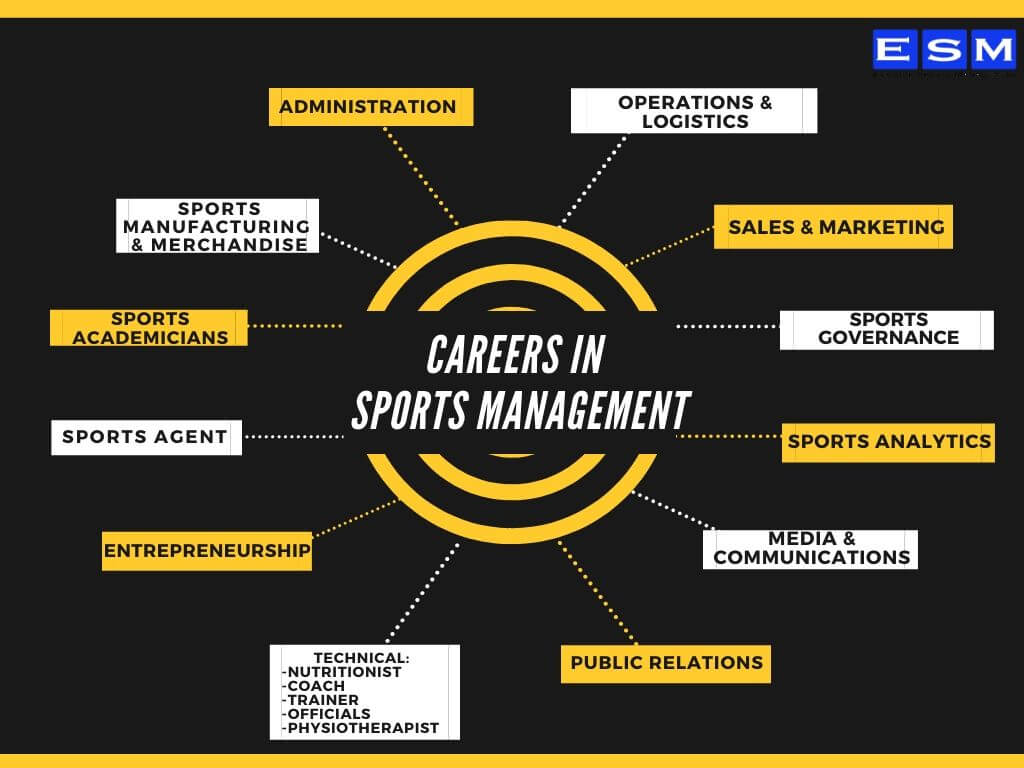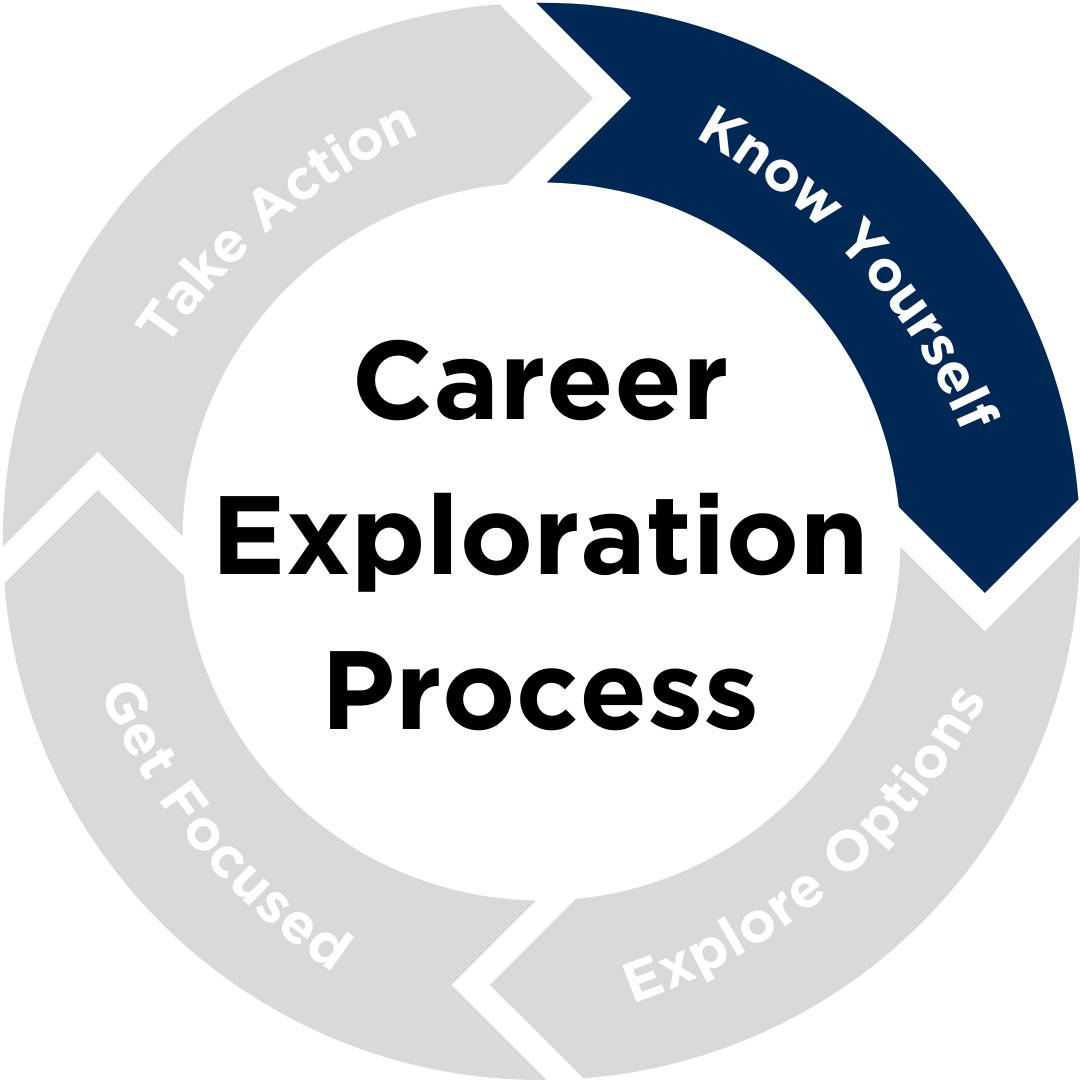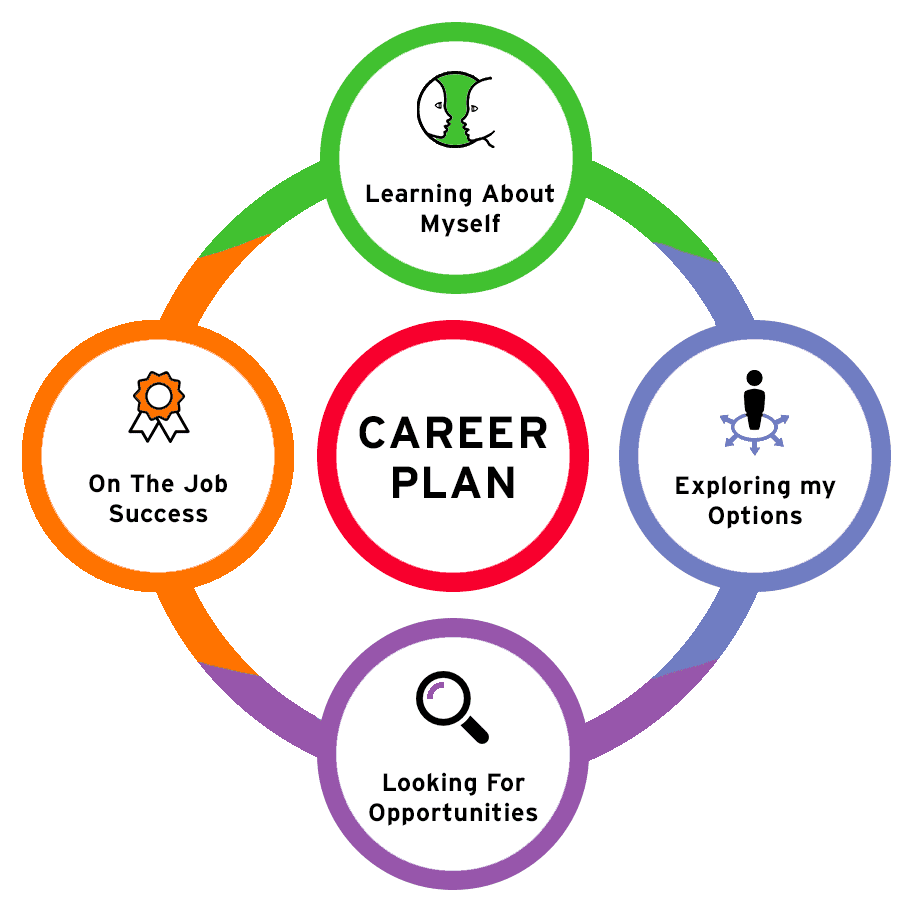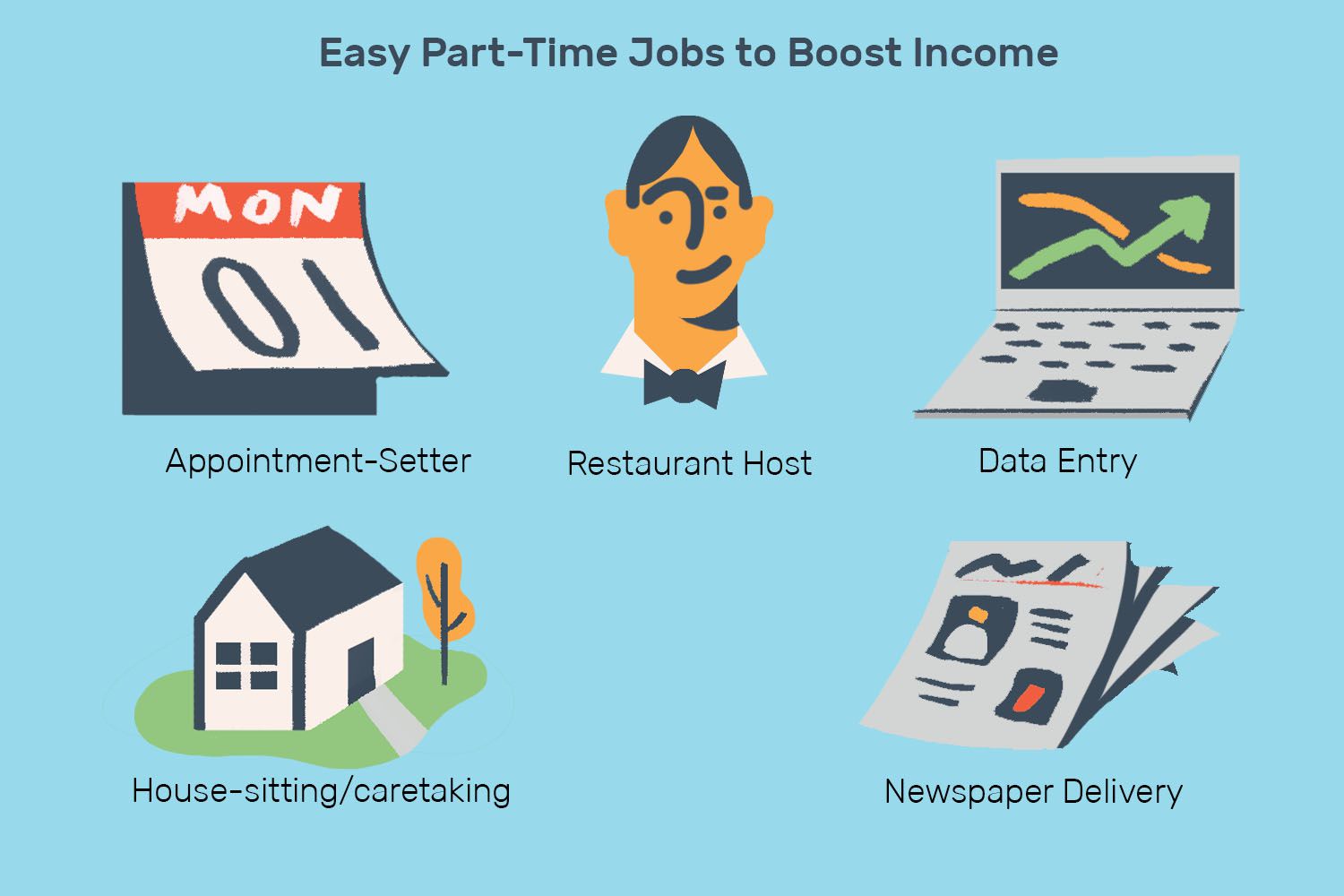The Role of Mentorship in Career Advancement: How to Find and Be a Great Mentor

The Role of Mentorship in Career Advancement: How to Find and Be a Great Mentor
In the ever-evolving landscape of professional growth, mentorship stands as a beacon of guidance and support. Whether you're seeking to climb the corporate ladder or looking to give back by being a mentor, understanding the profound impact of mentorship is paramount. In this comprehensive guide, we will delve into the pivotal role mentorship plays in career advancement, providing you with insights on both finding a mentor and becoming an effective mentor yourself.
Understanding the Significance of Mentorship
1. Guidance and Direction
For Mentees: A mentor serves as a compass, offering valuable insights and direction in navigating career challenges.
For Mentors: Being a mentor provides an opportunity to share wisdom, offer advice, and contribute to a mentee's professional journey.
2. Skill Development and Knowledge Transfer
For Mentees: Mentorship accelerates skill acquisition and knowledge assimilation, often leading to faster career progression.
For Mentors: Teaching and mentoring others fosters personal growth and a deeper understanding of one's own expertise.
How to Find a Great Mentor
1. Identify Your Goals and Needs
Clarify Your Objectives: Define what you hope to achieve through mentorship, whether it's honing specific skills or gaining industry insights.
Recognize Gaps: Identify areas where you could benefit from guidance and expertise.
2. Networking and Relationship Building
Attend Industry Events: Engage in conferences, seminars, and workshops to connect with professionals who align with your goals.
Utilize Online Platforms: LinkedIn and industry-specific forums are excellent spaces for identifying potential mentors.
3. Approach Potential Mentors Thoughtfully
Be Specific in Your Request: Clearly articulate why you believe a particular individual would make an excellent mentor.
Respect Their Time: Understand that mentors are busy professionals. When communicating, keep it brief and courteous.
Becoming a Great Mentor
1. Be Empathetic and Supportive
Listen Actively: Understand your mentee's goals, challenges, and concerns.
Offer Constructive Feedback: Provide guidance in a constructive and uplifting manner.
2. Set Clear Expectations and Goals
Define Objectives: Establish what both you and your mentee hope to achieve through the mentorship.
Create a Plan: Develop a roadmap for working towards those objectives.
3. Share Your Knowledge and Experiences
Be Open and Transparent: Share your successes, failures, and the lessons you've learned along the way.
Encourage Growth and Learning: Provide resources, recommend books or courses, and support their professional development.
Embracing the Mentorship Journey
Mentorship is a reciprocal relationship that thrives on mutual respect, trust, and a shared commitment to growth. Whether you're seeking guidance or offering it, remember that mentorship is a dynamic process that evolves over time. By understanding the profound impact of mentorship, you're poised to unlock new levels of professional achievement and personal fulfillment.
So, take the first step in this enriching journey. Seek out a mentor who aligns with your goals, or embrace the opportunity to guide and inspire a mentee. Together, you'll embark on a path of continuous learning and growth, ultimately shaping a brighter future for your career and those you influence. Happy mentoring!











































































































